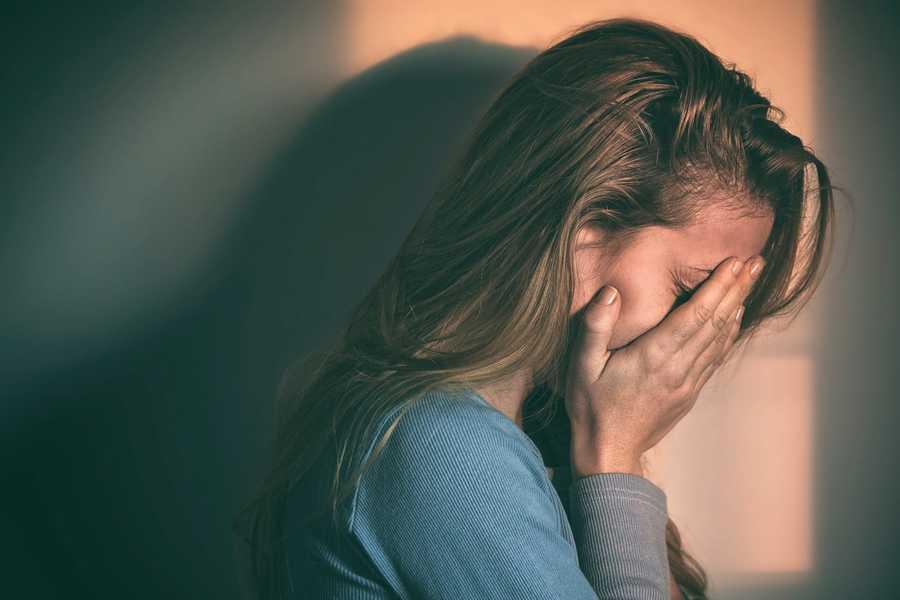6. Identifying biases
Critical thinkers challenge themselves to identify the evidence that forms their beliefs and assess whether or not those sources are credible. Doing this helps you understand your own biases and question your preconceived notions.
This is an important step in becoming aware of how biases intrude on your thinking and recognizing when information may be skewed. When looking at information, ask yourself who the information benefits. Does the source of this information have an agenda? Does the source overlook or leave out information that doesn’t support its claims or beliefs?
58
94 reads
CURATED FROM
IDEAS CURATED BY
Critical thinking is the rational, skeptical, and unbiased analysis or evaluation of factual evidence to form a judgement. It is self-directed, self-disciplined, self-monitored, and self-corrective thinking. A tall order, indeed.
“
The idea is part of this collection:
Learn more about psychology with this collection
How to break bad habits
How habits are formed
The importance of consistency
Related collections
Similar ideas to 6. Identifying biases
How To Adopt New Knowledge
- Assess your dogmatic beliefs. It is any belief you hold unquestioningly.
- Make room for genuine curiosity. Every time you have an automatic reaction against a new piece of information, allow space for honest exploration.
- Critically ...
They are able to correctly identify the underlying causes of their emotions
Imagine that you find yourself getting frustrated and angry with a co-worker. As you assess your feelings, analyze what you're really upset about.
Are you mad about your co-worker’s actions, or does your anger stem from underlying frustrations and pressure from a boss who has heaped too mu...
Read & Learn
20x Faster
without
deepstash
with
deepstash
with
deepstash
Personalized microlearning
—
100+ Learning Journeys
—
Access to 200,000+ ideas
—
Access to the mobile app
—
Unlimited idea saving
—
—
Unlimited history
—
—
Unlimited listening to ideas
—
—
Downloading & offline access
—
—
Supercharge your mind with one idea per day
Enter your email and spend 1 minute every day to learn something new.
I agree to receive email updates
